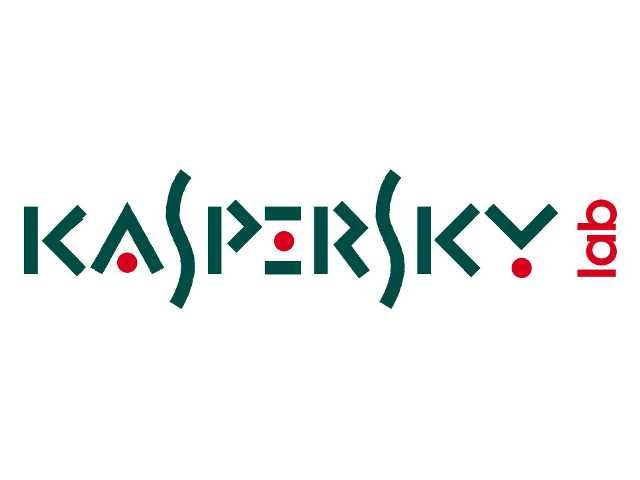 Η company security Kaspersky provider of the well-known Antivirus has designed its products to detect each malicious software, even if it is from the National Security Agency (NSA) or other government agencies. The company states:
Η company security Kaspersky provider of the well-known Antivirus has designed its products to detect each malicious software, even if it is from the National Security Agency (NSA) or other government agencies. The company states:
"Έχουμε μια πολύ απλή και ξεκάθαρη πολιτική που σχετίζεται με την ανίχνευση των malware: Ανιχνεύουμε κάθε επίθεση κακόβουλου λογισμικού, ανεξάρτητα από την προέλευση ή τον προορισμό του. Δεν υπάρχει "σωστό" ή "λάθος" malware για εμάς."
The company recalled the story of her investigators who unveiled the revelation Flame and Gauss, two highly advanced, state-owned malware that have infected thousands of computers, mostly in Iran and other Middle Eastern countries. The company recounted their efforts to detect the malware espionagewhich targeted human rights advocates and political dissidents.
Η company statement came two weeks after that Electronic Frontier Foundation and several other teams have sent to the companies they are developing and marketing antivirus an open letter asking them to protect their users from malicious software by fraudsters and governments. The letter came amidst the revelations that they want NSA να συνάπτει κρυφές συμφωνίες με εταιρείες τεχνολογίας και ανάπτυξης λογισμικού για να διευκολύνουν το κατασκοπευτικό έργο της. Η ανησυχία των αποστολέων της επιστολής είναι ότι και οι Antivirus εταιρείες συνεργαστούν με τα προγράμματα της NSA θα υπάρχουν τα "κρατικά" malware που θα κυκλοφορούν ανενόχλητα.
A Wednesday statement from the company has been issued in response to this very open letter.





